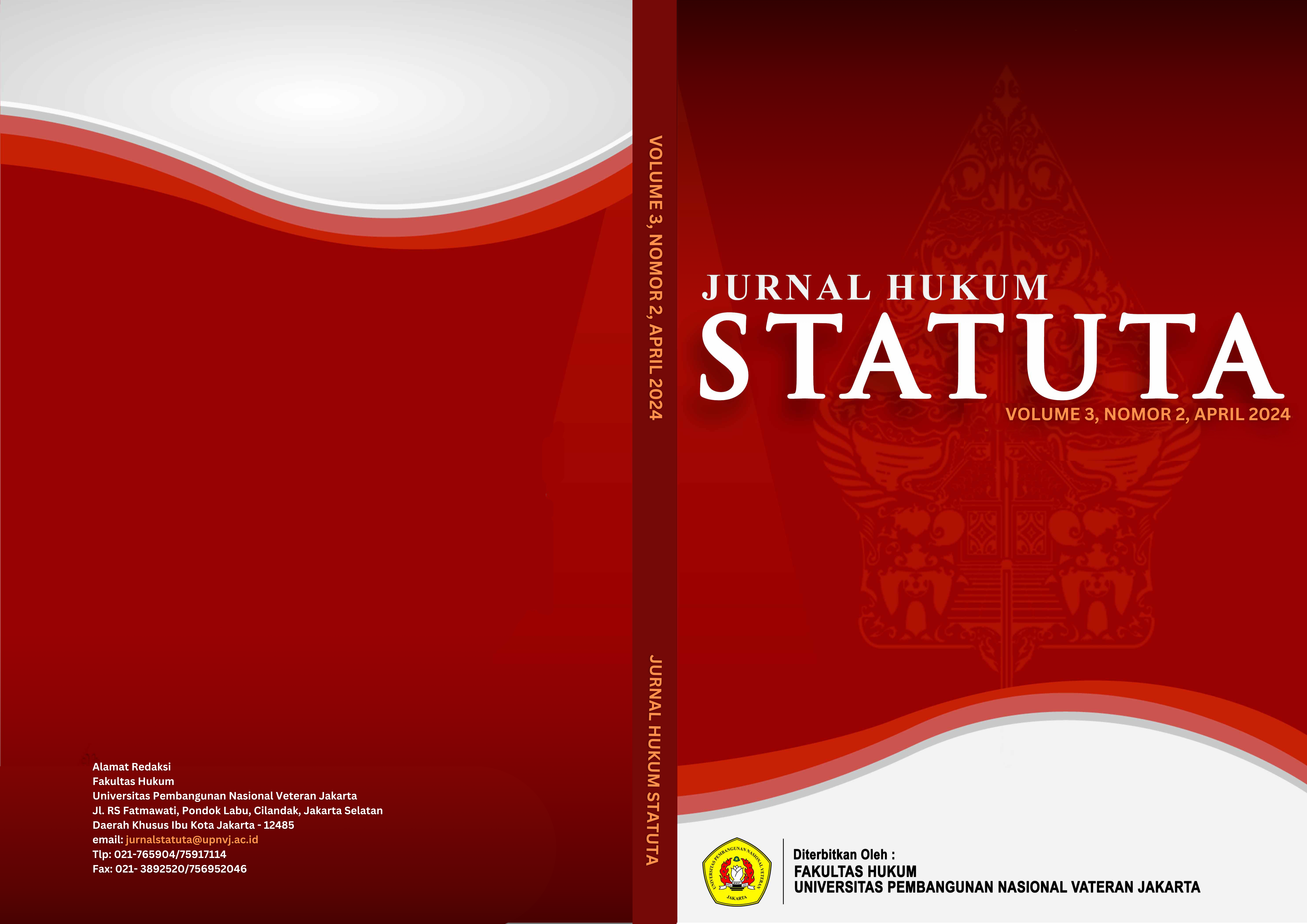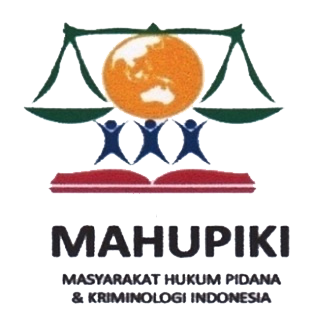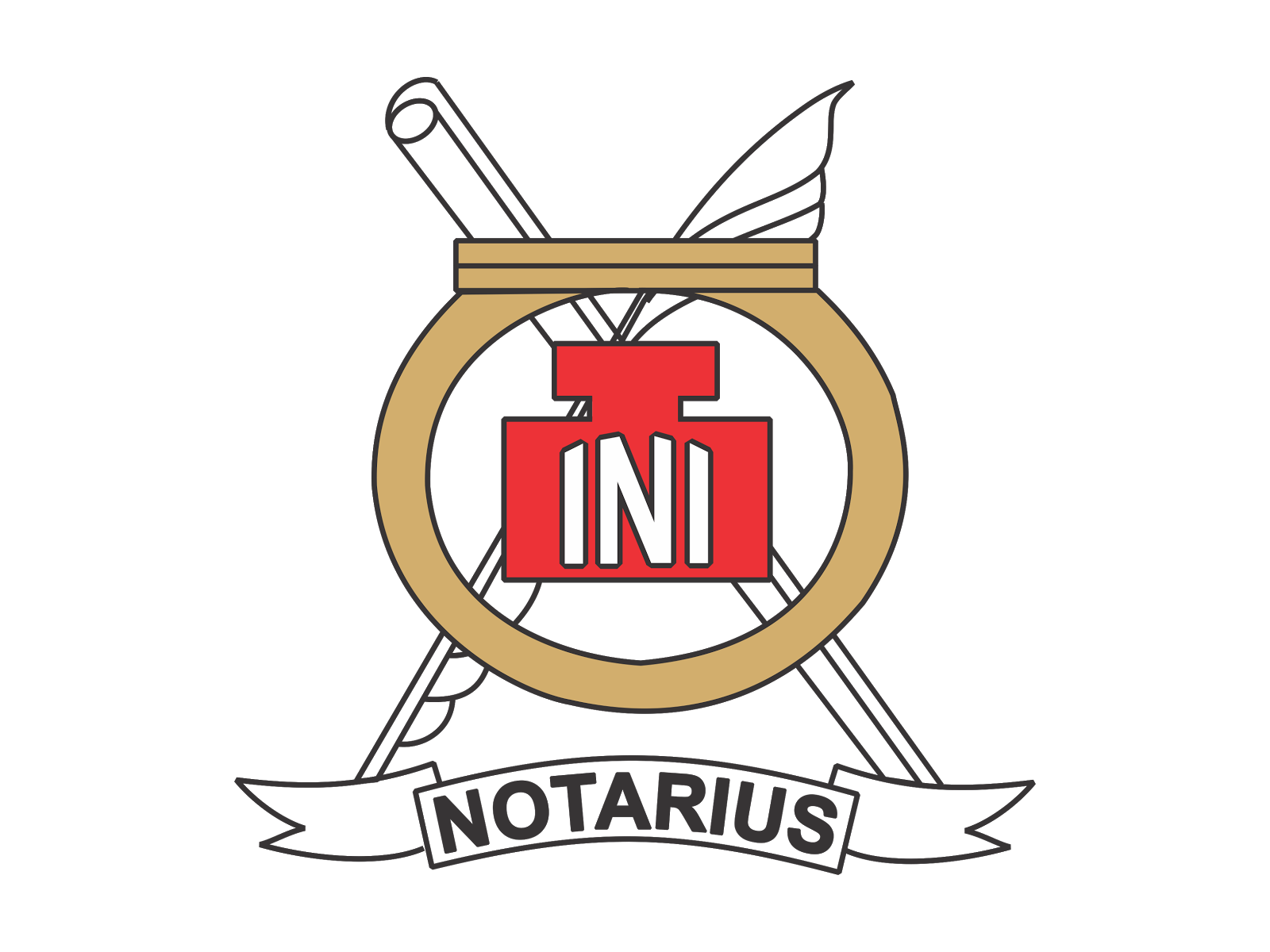Perlindungan Hukum Dan Upaya Pemulihan Bagi Perusahaan Insolven Dalam Kepailitan
DOI:
https://doi.org/10.35586/jhs.v3i2.9097Keywords:
Insolven, Kepailitan, Perlindungan HukumAbstract
Bankruptcy law in Indonesia, as stipulated in Law No. 37 of 2004, faces challenges in balancing legal protection for insolvent companies with the settlement of unpaid debts. The principles of Economic Democracy from the 1945 Constitution provide the basis for inclusive economic regulation. This study employs a normative juridical approach, analyzing legislation and the implementation of Bankruptcy Law. Indonesian bankruptcy law recognizes the importance of business continuity, yet its implementation tends towards debtor asset liquidation. Legislative changes from Law No. 4 of 1998 to Law No. 37 of 2004 reflect an evolution in bankruptcy case handling, but there remains a need to further explore "corporate rescue" concepts as practiced internationally. Although Law No. 37 of 2004 has established more comprehensive mechanisms for bankruptcy resolution, the primary challenge remains balancing creditor protection with efforts to rescue insolvent companies. Further adjustments are necessary to enhance the effectiveness of legal protection for potentially bankrupt companies.
References
Anandita, N. “Reorganisasi Peusahaan Dalam Kepailitan,” n.d. http://gocampus.blogspot.com/2010/02/reorganisasi-perusahaan-dalam.html.
Andani, Devi. “Perlindungan Hukum Kepailitan Perusahaan Solvable Di Indonesia.” Kajian Hukum 7, no. 1 (n.d.).
Asra, Asra. “Corporate Rescue: Key Concept Dalam Kepailitan Korporasi.” Jurnal Hukum IUS QUIA IUSTUM 22, no. 4 (2015).
Dwinanto, Rizky. “Urutan Prioritas Pelunasan Utang Dalam Kepailitan.” Hukumonline, 2019. https://www.hukumonline.com/klinik/a/urutan-prioritas-pelunasan-utang-dalam-kepailitan-lt5dca8aad69118/.
Hoff, Jerry. Undang Kepailitan Di Indonesia, Terjemahan Kartini Muljad. Jakarta: PT Tata Nusa, 2000.
J. Pinakunary, Fredrik. “Perlindungan Terhadap Perusahaan Solven Dari Ancaman Kepailitan.” Hukumonline, 2005. https://www.hukumonline.com/berita/a/perlindungan-terhadap-perusahaan-solven-dari-ancaman-kepailitan-hol13887.
Oktavilia, Shanty. “DETEKSI DINI KRISIS PERBANKAN INDONESIA: IDENTIFIKASI VARIABEL MAKRO DENGAN MODEL LOGIT.” Jejak: Jurnal Ekonomi dan Kebijakan 1, no. 1 (2008).
Omardani Hadibroto, Guslan, and Mardalena Hanifah. “UPAYA HUKUM DALAM PERKARA KEPAILITAN.” Multilingual: Journal of Universal Studies 3, no. 4 (2023).
Partners, SIP and. “Alternatif Penyelesaian Perkara Kepailitan.” SIPLawFirm, 2023. Accessed June 29, 2024. https://siplawfirm.id/alternatif-penyelesaian-perkara-kepailitan/?lang=id.
Shubhan, M. Hadi. Hukum Kepailitan Prinsip, Norma, Dan Praktik Di Peradilan. Jakarta: Kencana Prenada Media Grup, 2008.
Sumarni, Murti, and John Soeprihanto. Pengantar Bisnis (Dasar-Dasar Ekonomi Perusahaan). Yogyakarta: Liberty, 1998.
Downloads
Published
How to Cite
Issue
Section
License

This work is licensed under a Creative Commons Attribution-ShareAlike 4.0 International License.
Authors who publish with this journal agree to the following terms:
- Authors retain copyright and grant the journal right of first publication with the work simultaneously licensed under a Creative Commons Attribution-ShareAlike 4.0 International License that allows others to share the work with an acknowledgement of the work's authorship and initial publication in this journal.
- Authors are able to enter into separate, additional contractual arrangements for the non-exclusive distribution of the journal's published version of the work (e.g., post it to an institutional repository or publish it in a book), with an acknowledgement of its initial publication in this journal.
- Authors are permitted and encouraged to post their work online (e.g., in institutional repositories or on their website) prior to and during the submission process, as it can lead to productive exchanges, as well as earlier and greater citation of published work (See The Effect of Open Access).
Jurnal Statuta have CC-BY-SA or an equivalent license as the optimal license for the publication, distribution, use, and reuse of scholarly work.
In developing strategy and setting priorities, Jurnal Statuta recognize that free access is better than priced access, libre access is better than free access, and libre under CC-BY-SA or the equivalent is better than libre under more restrictive open licenses. We should achieve what we can when we can. We should not delay achieving free in order to achieve libre, and we should not stop with free when we can achieve libre.
You are free to:
- Share — copy and redistribute the material in any medium or format
- Adapt — remix, transform, and build upon the material for any purpose, even commercially.
The licensor cannot revoke these freedoms as long as you follow the license terms.

Jurnal Statuta licensed under a Creative Commons Attribution-ShareAlike 4.0 International License.











